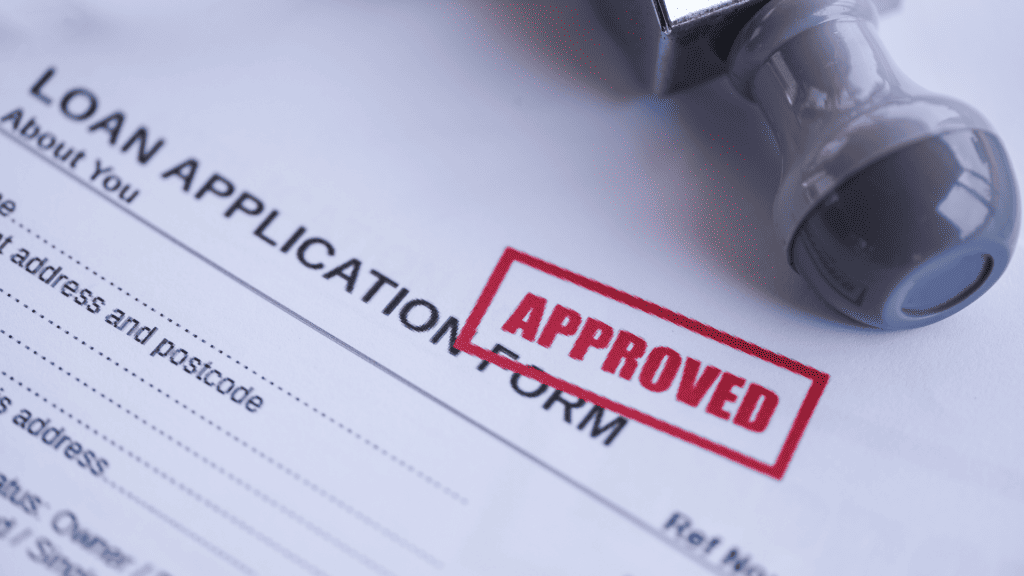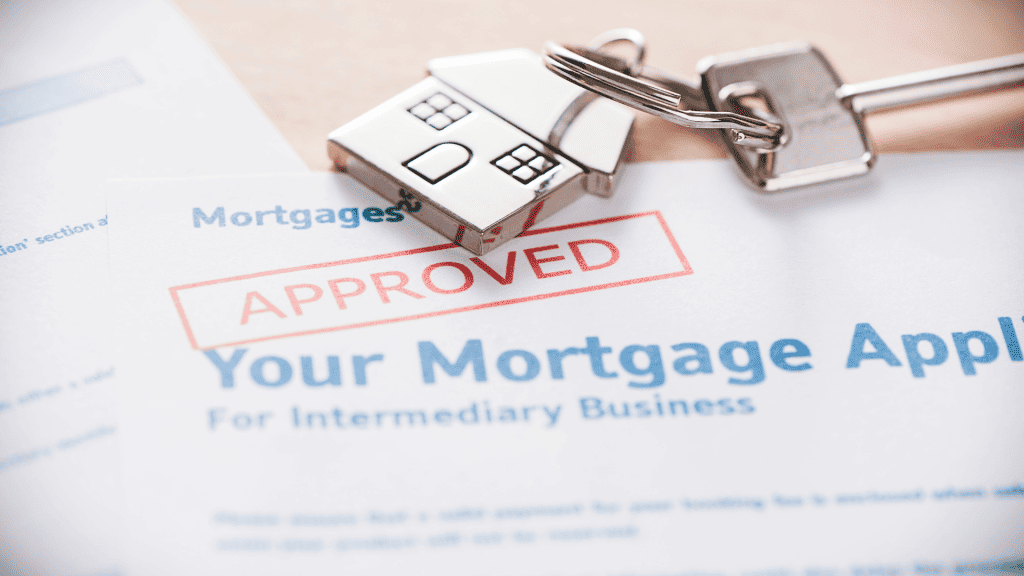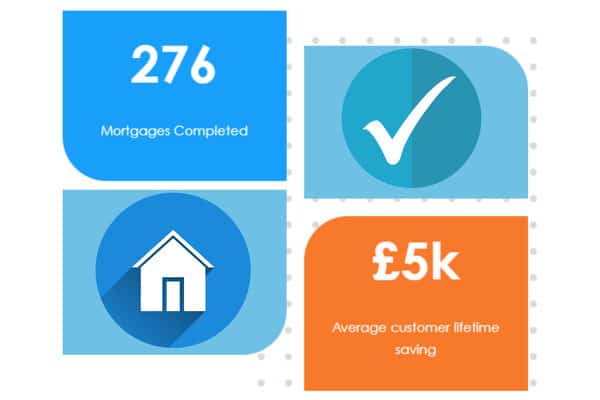Sole Trader Mortgages
Discover bespoke mortgage solutions tailored for sole traders and partnerships. Our expertise in self-employed mortgages ensures that your unique financial needs are fully catered for.
At Jones & Young, we collaborate with the mortgage lenders who specialise in understanding and accommodating the distinct financial profiles of self-employed people. Our goal is to simplify your mortgage journey, offering tailored advice and support, whether you’re newly self-employed or have years of experience.
As Seen In





Mortgages for Sole Traders

Mortgage Advice For Sole Traders

Documents You'll Need for a Sole Trader Mortgage

Mortgages for Sole Traders
Sole traders often face unique challenges when applying for a mortgage due to the nature of their income. We are here to help you eliminate these challenges, prepare accordingly, and ensure you are ready to secure a mortgage. Our expertise lies in understanding the specific financial nuances of sole traders and providing tailored guidance to enhance your mortgage prospects.
How Long Do You Need to Be a Sole Trader Before Getting a Mortgage?
When applying for a self-employed mortgage, most mortgage lenders require sole traders to have a minimum of two years trading history. This duration helps lenders to assess the sustainability and stability of your income, which is crucial in determining your mortgage eligibility. However, some lenders may be willing to consider applicants with a shorter trading history if they have strong financial records and a robust business plan.
What Type of Company Do You Have?
As a sole trader, your business is not a separate legal entity; instead, you are personally responsible for its debts. This type of business structure can influence how mortgage lenders assess your application, focusing primarily on your business’s net profits before tax. It’s essential to have your financial records well-organised and up-to-date, as they play a crucial role in the application process.
How Lenders Assess Sole Trader Mortgages
In the context of sole trader mortgages, lenders focus on your net profit rather than turnover or gross income. This approach gives them a clearer picture of your actual earnings after business expenses and taxes. It’s important to note that this is for a personal mortgage, not a commercial mortgage, reflecting the lender’s interest in your personal financial stability. Accurate and comprehensive documentation of your income and business expenses will be essential to demonstrate your financial health to potential lenders.


Mortgage Advice For Sole Traders
As a sole trader, maintaining clear and comprehensive financial records is essential. Showcasing a consistent or increasing net profit over time enhances the appeal of your mortgage application. This is where mortgage brokers can offer invaluable advice, guiding you on presenting your finances to appeal to potential lenders.
How Can I Make The Best Possible Case?
To make the strongest possible case for a mortgage as a sole trader, it’s essential to prepare and manage your financial records meticulously. Keeping your accounts up to date and ensuring they accurately reflect your business performance is key. Consider strategies to maximise your net profits in the year or two leading up to your mortgage application. This might involve reducing unnecessary business expenses or optimising your business operations. A higher net profit typically strengthens your mortgage application as it demonstrates excellent income stability and capacity.
Speak to a member of our team today for more advice and information.
Documents You'll Need for a Sole Trader Mortgage
There are a few key documents that will be useful to provide, which will give lenders a clear picture of your financial health. These include:
Tax Calculations and Tax Year Overviews: These forms from HMRC summarise your income as reported in your tax returns. They are crucial for lenders to verify your declared income.
Bank Statements: Personal and business bank statements are required to corroborate the income figures and outgoings shown in your accounts and tax documents. These statements also help lenders assess your overall financial management.
Proof of Identity and Address: Standard documents such as a passport, driving license, and recent utility bills are necessary to verify your identity and residence.
Additional Supporting Documents: Depending on your circumstances, you may also need to provide business plans, contracts, or evidence of upcoming work to support your application.

A Broker Can Help You Get it Done Right
Why Not Get In Touch Today
Contact UsSpeak To Our Lending Specialists Today
Find Out More & Get In Touch Today
CONTACT USOur Reviews

Trusted Advice
Clear and concise advice helping you explore the best life mortgage options for your needs.

Communication
Helping customers cut through the jargon so that they understand things their way.

Save Money
Taking a mortgage later in life can be costly if it isn't right. Our expert advisors will help you find the right mortgage to suit your budget.

Bespoke Rates
At Jones & Young, we have access to bespoke and exclusive interest rates that will save you money in the long term.
- Industry-leading advice
- Clear & straightforward recommendations
- Fast & efficient service

Your Trusted Team Of Experts
Answering Your Questions
See below, where we have answered some of your common queries about the sole trader mortgage.
Are Sole Trader Mortgages Classed As Commercial Mortgages?
No, sole trader mortgages are not typically classed as commercial mortgages. While a sole trader runs their business as an individual, and the finances may be closely tied to their personal finances, a sole trader mortgage is generally considered a residential mortgage if it’s for a property the individual will live in. Commercial mortgages are specifically for properties intended for business use or investment purposes.
Can I Get A Mortgage If I'm A Sole Trader?
Yes, you can get a mortgage if you’re a sole trader. However, the process can be slightly different compared to someone in traditional employment. Lenders will closely examine your business’s financial health and stability. They typically require evidence of your income, usually in the form of tax calculations and tax year overviews from HMRC (commonly known as an SA302), and as these are often rather historic, evidence if this level of income being received into your business bank account. Your credit history and the size of your deposit are also important factors.
How Much Can You Borrow On A Sole Mortgage?
The amount you can borrow on a sole trader mortgage varies depending on several factors, including your income, credit history, and the lender’s criteria. Typically, lenders will offer mortgages up to 4.5 times your annual income. However, this can vary, and some lenders might be willing to lend more, especially if you have a strong income history and a substantial deposit. Using a mortgage calculator can provide a rough estimate, but for a more accurate figure, it’s advisable to speak with a mortgage advisor.
How Many Years Do You Have To Be Self-Employed To Get A Mortgage?
Traditionally, most lenders require you to have at least two years of self-employment history to apply for a mortgage. This history provides them with enough evidence to assess the sustainability of your income. However, some lenders may consider less than two years if you can demonstrate financial stability, can obtain an accountant’s projection, or if you have previous experience in your trade or industry. Working with a specialist mortgage broker can help you find lenders more flexible with their criteria for self-employed individuals.



